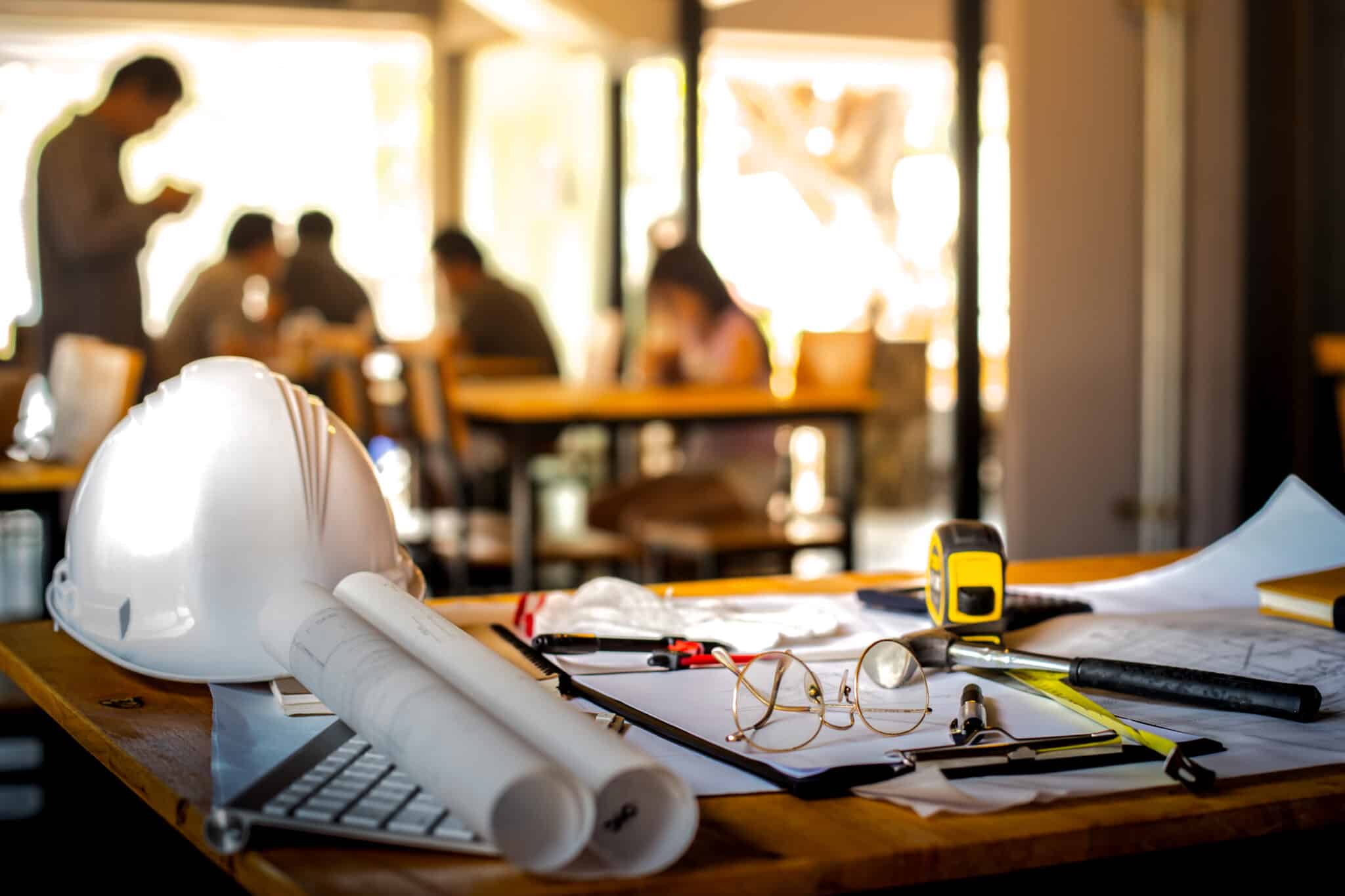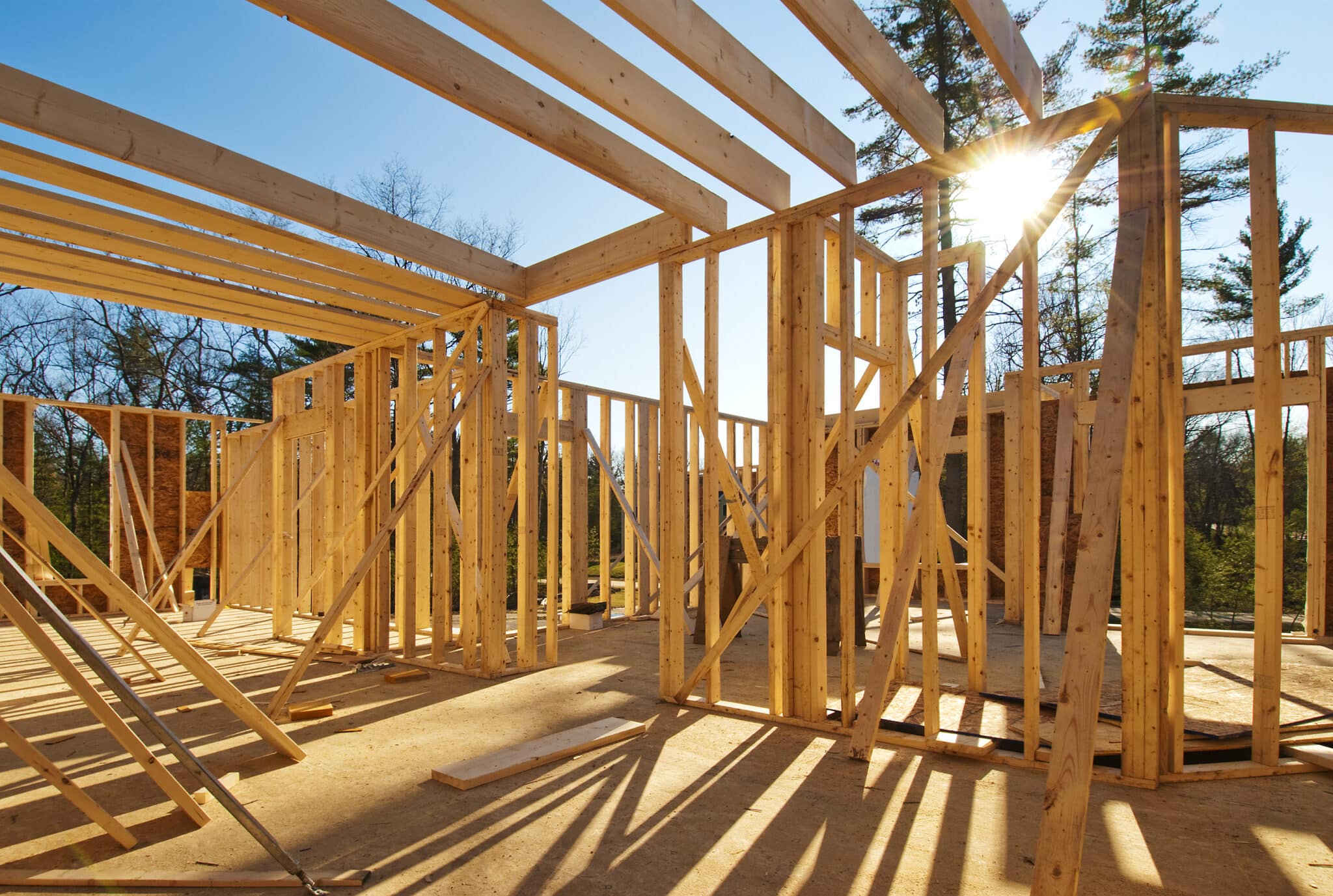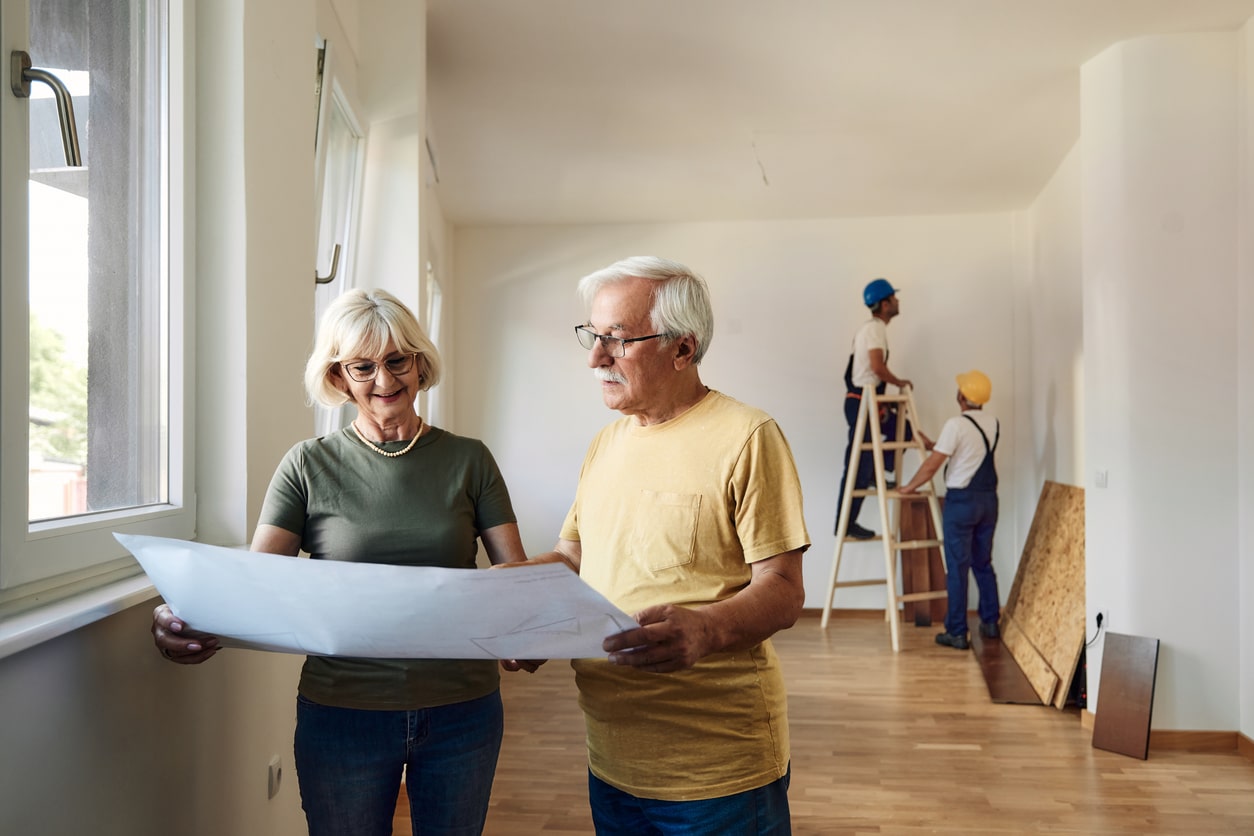For many adults, a brand new home is the highlight of a lifetime of work and effort. In 2025, most new construction homes will be well-lit, spacious, and available with all sorts of energy-efficient options. A brand new house might offer an immense yard for the grandkids or easy access to your favorite boat launch or restaurants, which can make it very enticing. Still, buying new construction requires a lot of thought and attention to detail, especially with current real estate prices.
According to Census.gov, in early 2025, the average new home in the US cost $417,500, while the final price after taxes, commissions, and so on is closer to $490,000. That’s a half-million dollars you’re about to spend, so it’s wise to do plenty of research before buying a new construction home.
Keep reading to learn five tips for buying new construction, and feel free to contact us if you’d like to learn more.
1. Location Is Everything (Still)

This real estate adage remains true today. The first thing one must consider when buying a new construction home is the property’s location. We live in an age of urban revitalization, meaning neighborhoods are being rebuilt in formerly challenging areas. More residents are sometimes attracted to new construction in old neighborhoods for the convenience, but you need to understand the surrounding communities.
Ask yourself and the builder these questions:
- Is there a Homeowner’s Association (HOA)? What are the fees?
- How close are local hospitals or your favorite doctor?
- What are the surrounding neighborhoods like?
- How are traffic and crime rates?
Do your own research too. It’s best not to buy a new construction home without touring it in person and the local neighborhoods. This brings us to our next tip: how to perform your due diligence when buying a new construction home.
2. Do Your Research Before Buying New Construction

A host of resources exist for seniors interested in buying new construction. You can speak to local residents about things like weather, traffic, and safety. You can also use Spotcrime.com to research crime statistics in specific cities and neighborhoods. Spend some more time on the internet researching the specific builder of a new home or new housing complex.
You want to read reviews from other new homeowners and see if this homebuilder has a good reputation. A single lawsuit does not mean a homebuilder is a quack, but should you find dozens of claims against a homebuilder, it’s worth taking into consideration.
It’s also crucial that you work with the right realtor.
3. Hire the Right Help

Per the National Association of Realtors (NAR), the terms realtor, real estate broker, and real estate agent are sometimes intermingled, but they are not all the same. Since you’re about to invest $500,000 or more in a brand-new home, we suggest you work with a licensed, registered realtor. That is, someone fully licensed as a real estate agent but also adheres to a strict code of ethics regarding property sales.
The right home inspector is vital too. According to Consumer Reports, you can use online tools like NextDoor and Patch to find a home inspector used by locals. We suggest you try the American Society of Home Inspectors (ASHI).
As you tour your prospective home with an inspector, be sure to ask questions and test everything.
4. Be Skeptical While Touring New Construction Homes

Be sure to test every item in the home. Does every toilet flush quickly and quietly? Does the hot water come quickly to the shower? Is the water heater correctly attached and bolted down? Do all exterior doors and windows lock, unlock, open, and close without trouble?
If the new construction home you are buying has a basement, be sure to turn on the lights and inspect it closely. Is there a sump pump? Does it work? Do you notice any odors?
Remember, a brand-new home is a little like a brand-new car. New appliances and materials may be recalled, and some homebuilders have a reputation for cutting corners since the post-pandemic housing market boom in recent years. Once you are positive that this home is healthy and has all the amenities you crave, it’s time to research financing.
5. Research Mortgages & Interest Rates

Your new home builder and realtor will likely suggest certain banks ready to carry the note, and that’s fine. But it’s also worth researching on your own, especially if you are a veteran, spouse, or widow who qualifies for a VA home loan. Interest rates for VA home loans are sometimes very low, and this is a benefit you or your spouse earned with service to this nation, so take advantage of it.
Contact 55places for More Tips and More Properties
Buying a new construction home is an exciting journey, but it comes with plenty of decisions—and having the right expert by your side can make all the difference. At 55places.com, we connect active adults with experienced real estate agents who specialize in new construction and understand the unique needs of buyers aged 55 and better. If you’re ready to explore your options or have questions about communities in your area, reach out today and let us help you find the perfect place to call home.







